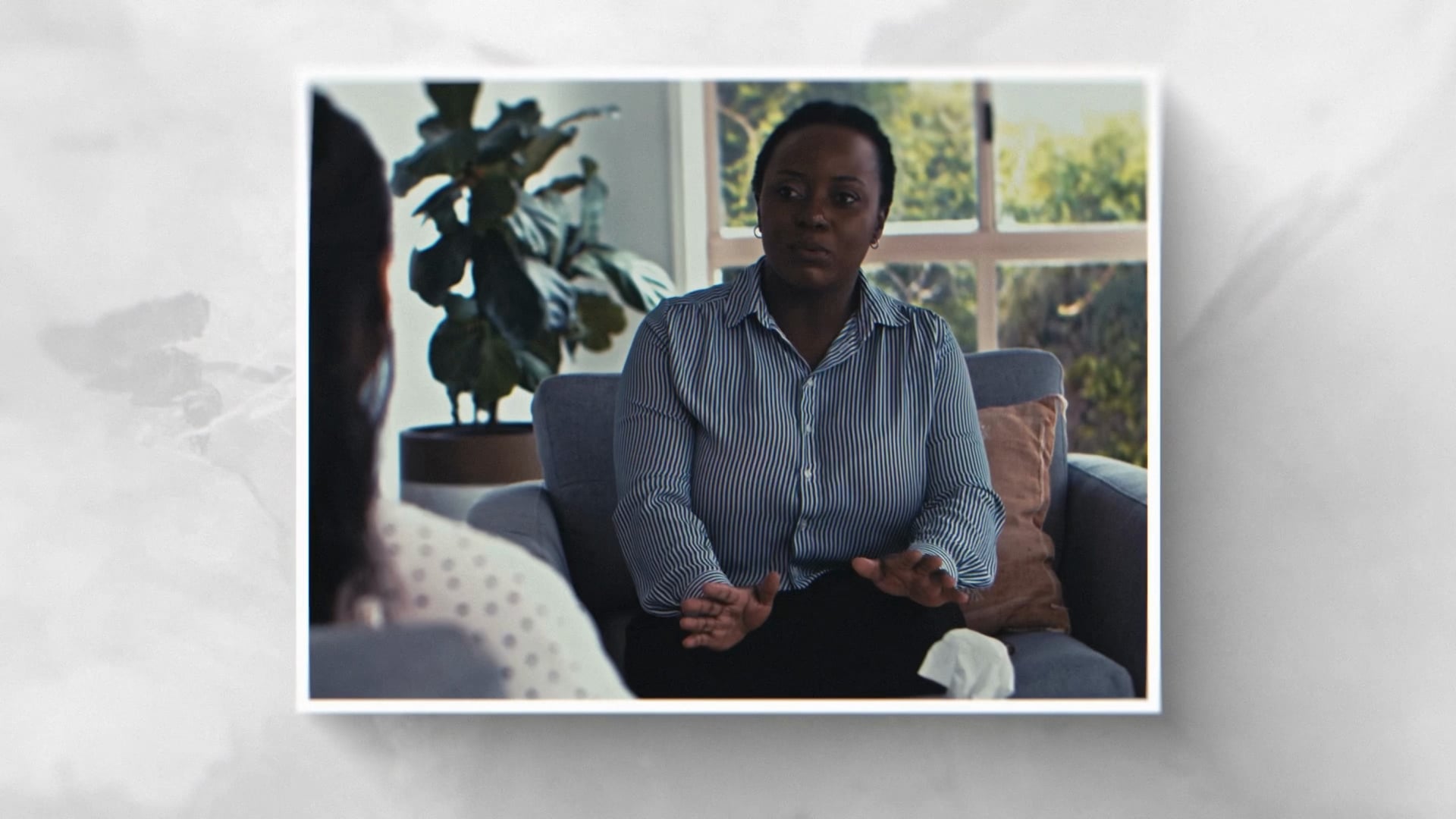
Working With Strong Emotions
Thing about strong emotional responses is that you as the clinician have to have a sense of detached compassion and not let the client suffering trigger your own stuff so that you end up feeling like a perpetrator because you're making this client suffer. See, the notion is the suffering is there because of the stored memory, and this has been at the base of these problems that they've been having. You're not putting the suffering in. You're opening the door to let the suffering out. So as you're seeing them move through it, the emotional response that they're having is the digestion process.
As they're accessing these earlier events, the emotion, the perspective is going to arise. The client is going to have it at some level. They're going to have it at a shadow of the experience or a stronger emotional response to it. It is what that client needs for them. And if you look at them crying, and you say, No. No. You don't have to feel it now. Or do something quick to get them to stop feeling. What message are you giving to them about their emotions?
It's not okay. It's not safe. It's not appropriate. It's shameful. Is this ringing a bell to the type of messages that a lot of your child victims have had to begin with? So if as a clinician, you're going, no. It's not okay. Take a look at what's getting wrong in you that's causing the response that it's not okay for them to experience it as they need to to process for them. So, yes, you wanna have a clinical sense of when you feel the client might be getting to a level of suffering where you need to help them through it, but let it be that it's because the client needs the help to get him through it, not because you need the help to get you through it.